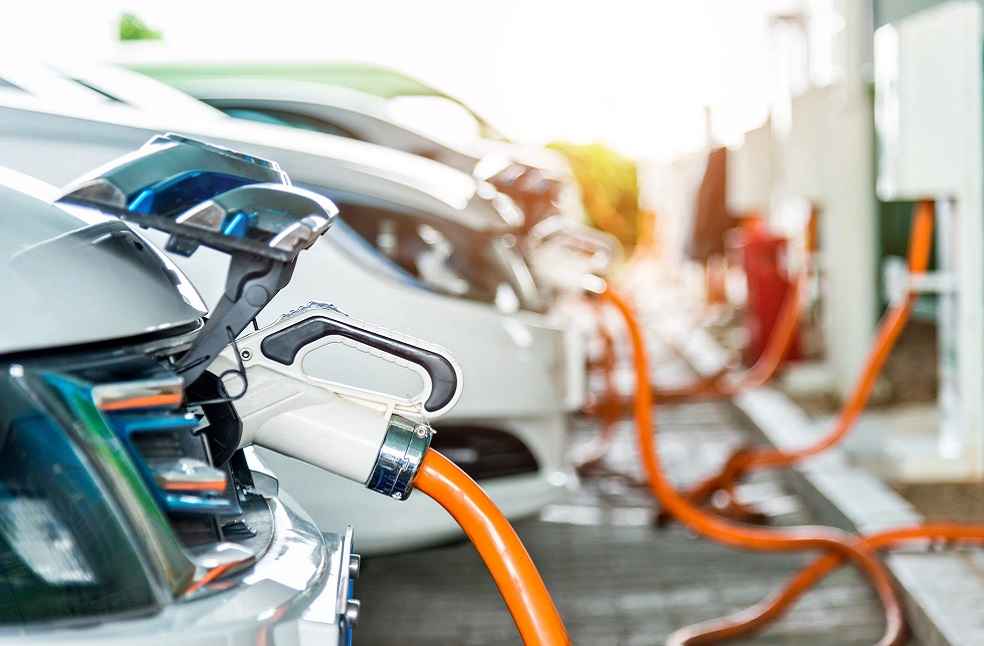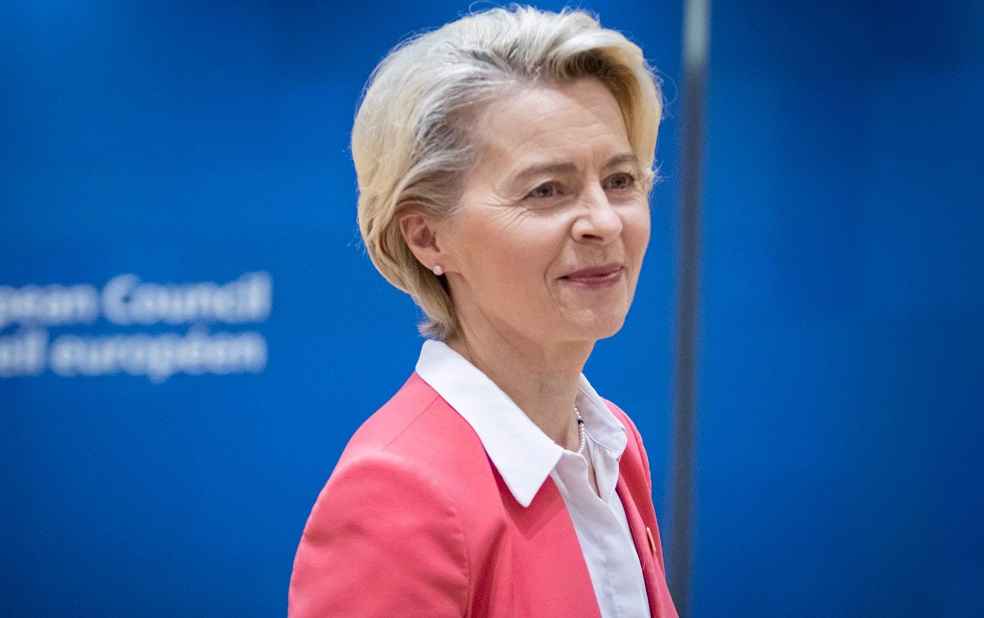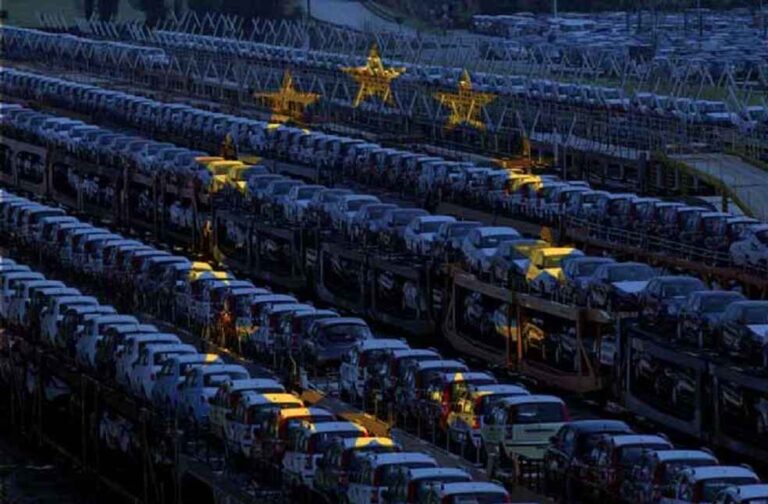The European Commission is preparing a policy shift that could reshape the continent’s auto industry, with plans to soften the 2035 ban on new vehicles with internal combustion engines.
At the same time, it aims to impose tougher obligations on corporate fleets. The information comes from industry and diplomatic sources cited by Handelsblatt.
The emerging approach would preserve the option for private consumers to continue purchasing new petrol or diesel vehicles after 2035, but companies, leasing firms, and rental car operators would face accelerated electrification requirements.
A proposal known as Greening Corporate Fleet is expected to be unveiled on December 10 as part of a broader regulatory package that includes new carbon dioxide rules and a battery strategy.

Current discussions include an electric quota mandating that 50% of new vehicles purchased for official or business use be electric by 2027, and 90% by 2030. At an earlier stage, officials debated a full 100% target.
The timing is challenging for the sector. Electric vehicle adoption is growing more slowly than expected, and rental giants such as Sixt, Hertz, and Europcar have expressed caution over expanding electric fleets due to high purchase prices and lower resale values.
Sixt board member Nico Gabriel warned that the measures could create a “de facto earlier occurrence of the petrol station ban.”
European Commission President Ursula von der Leyen is reportedly willing to relax conditions for full market electrification in 2035, but only in exchange for faster corporate fleet electrification.
Companies collectively account for around 60% of new vehicle registrations in Europe, and an even larger share in Germany.

Brussels is also examining potential incentives, including the possibility of treating plug-in hybrids and range-extender vehicles as emission-neutral, and considering tax credits for battery-electric models. Yet industry leaders argue the policy swap still amounts to replacing one ban with another.
Concerns include increased production costs, dependence on China, which controls roughly 70% of global battery cell output, and the shrinking residual value of used electric cars.
According to the ICCT, EVs represented only about 17% of new EU vehicle sales in the first nine months of 2025, falling short of Commission expectations.
Automaker chiefs, including BMW’s Oliver Zipse and Mercedes-Benz’s Ola Källenius, are urging Brussels to adopt a Beyond Tailpipe emissions model that evaluates environmental impact across a vehicle’s full life cycle rather than exhaust emissions alone.
The Commission aims to present its final regulatory package before the Christmas break, with a definitive framework for the post-2035 market expected to accompany it.
NEW LAUNCH | Hyundai Pledges Record $85.8B Investment in South Korea





